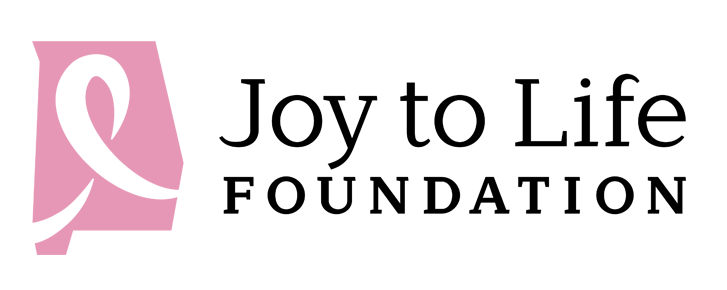guidelines
for a healthy lifestyle
While doctors search for better ways to fight breast cancer with improved detection methods and treatments, they also continue to seek ways to prevent the disease.
Some risk factors are at present uncontrollable. This includes certain genes that place 5 to 10 percent of women at extreme risk. Lifestyle risks are not totally understood nor are studies conclusive. However, by adopting the following 10 healthy lifestyle habits, you will be doing the best you can to prevent breast cancer, as well as to lower your risk of other cancers, heart disease, and a wide range of other serious conditions.
- Maintain a healthy weight.
- Eat five or more servings of fruit and vegetables daily, make your grains whole grains, cut down onred meat. Consider reducing fat in your diet as well—especially saturated fat.
- Get plenty of exercise. Aim for at least 30 minutes of moderate exercise five days a week. Walkingis a great all-around activity.
- Limit your drinking to occasional or no alcohol. Drinking increases the risk for several types ofcancers, including breast cancer.
- Decide carefully before starting or continuing hormone replacement therapy. Long-term use of HRTafter menopause may increase breast cancer risk. Discuss your options with your doctor.
- Learn about medical conditions that you may have or be at risk for developing. Control chronichealth conditions. Discuss with both sides of your family and your healthcare professional.
- Schedule your health checkups on time.
- Avoid tobacco products and secondhand smoke. If you smoke, quit today.
- Practice stress management—your emotions can affect your physical health.
- Get enough sleep each night. Sleep helps to recharge your immune system as well as give you theenergy you need each day.
Note: According to the American Cancer Society, many studies show that breastfeeding lowers breast cancer risk. If you are pregnant, you may want to discuss this with your doctor.
BREAST SELF-EXAM
Breast self-exam (BSE) can help you become familiar with how your breasts normally look and feel. This knowledge may help you identify any breast changes that should be promptly reported to your healthcare professional. Many experts recommend that women do a monthly BSE. Please download the FREE Shower Card and Breast Health Brochure -- it could save your life.



